- Home
- slideshows
- miscellaneous
- 11 reasons Venezuela is mired in a nationwide blackout - and why the problem may not be fixed any time soon
11 reasons Venezuela is mired in a nationwide blackout - and why the problem may not be fixed any time soon
Is this the first blackout of this magnitude?

Is it really nationwide? How widespread has this blackout been?
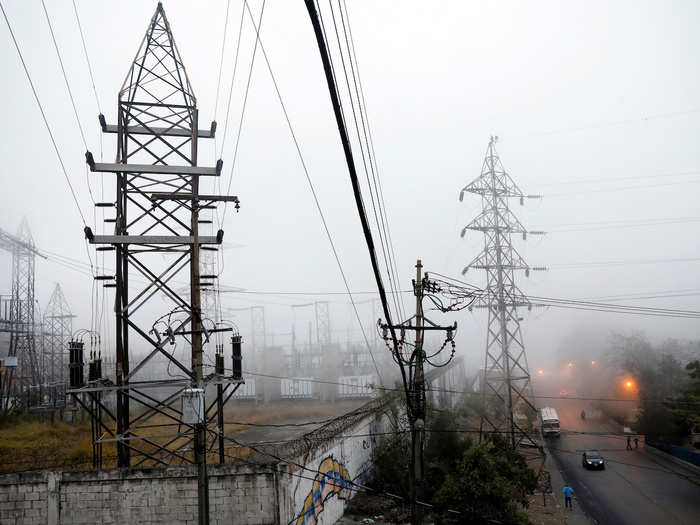
This blackout covered most of the country’s territory and is affecting nearly all its people.
Some areas were not affected because they don’t get power from these mayor power lines, but from the 400 kV and 215 Kv lines, also coming from the Caroni facilities, or from other power plants. These areas also happen to be in local grids that Corpoelec (the electric utility company) was able to maintain isolated and safe from overloading.
How can it be solved, and when?
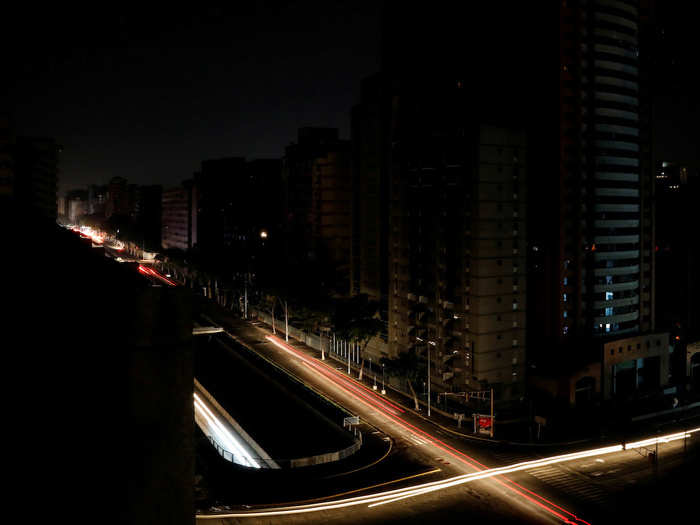
There is an urgent need for huge investment in the sector, both in infrastructure and manpower: Thousands of engineers and skilled technicians have left the industry.
All the hydro turbines are in a serious state of disrepair and haven’t gone through the scheduled maintenance because that would require to turn them off, and the deficit in power generation is so big that this conventional measure would cause a serious generation shortage.
Rebuilding the system will take years. A start would be to finish all the pending projects, like Tocoma, which is years late and with no sign of being finished, and to do something about all the thermal generation the country paid for but never got.
Hyperinflation affects the operational capacity of these institutions too. There are many things that need to fall in place so problems like this see a solution.
Can it happen again?
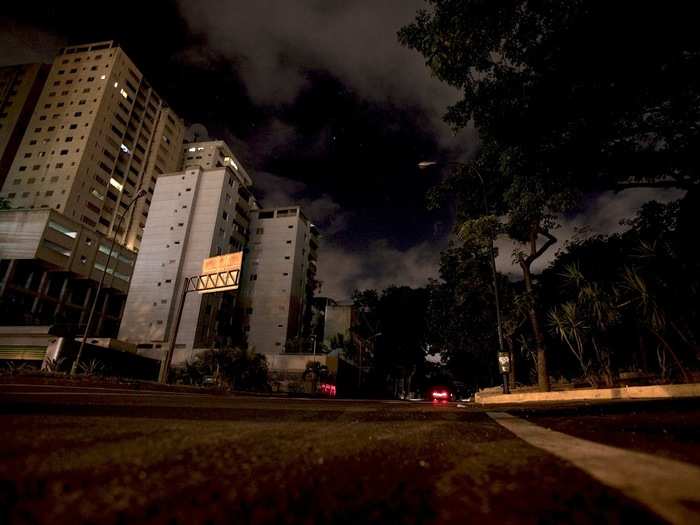
It will.
How come an entire country be without power for almost three days, so far? Is there no backup plan?
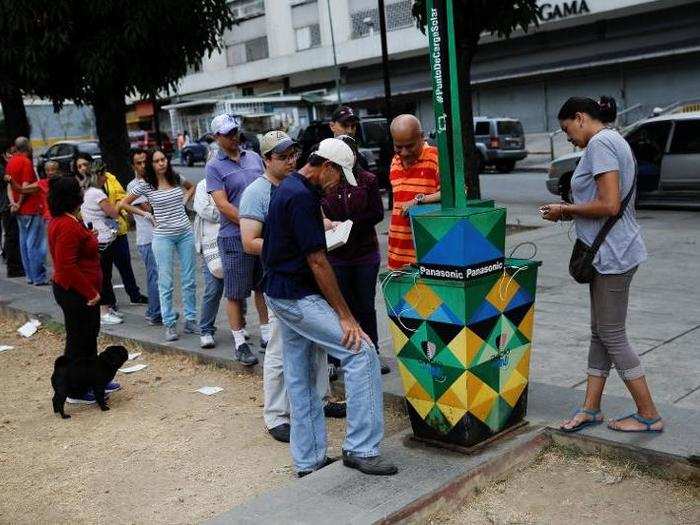
You can have backup plans or redundancy, but it is usually very costly. Sensible system designers assess risk and identify vulnerable parts of their systems; if they can’t make them redundant, they must make them robust.
The cost of having more 765 kV lines would be insane. But making sure the ones we have are always on isn’t that complicated. It just needs proper funding and reasonable management.
Venezuela has the largest oil reserves on Earth. Why can’t it use oil to produce electricity?
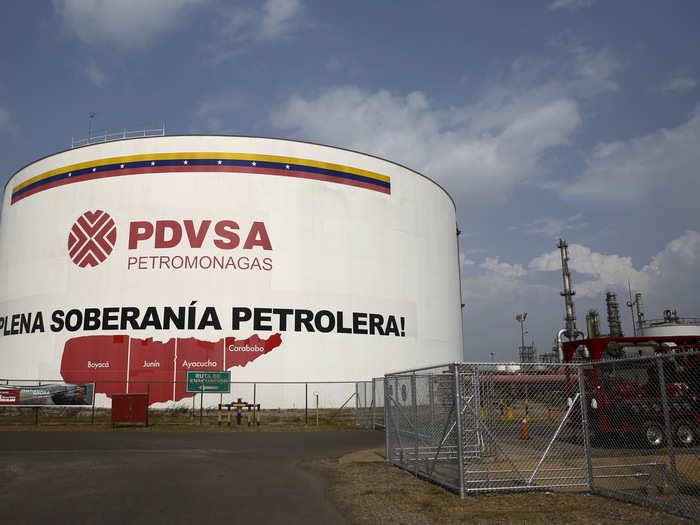
Venezuela gets most of its power from hydro. Today, about 80% of its power comes from the Caroni river.
We could use oil, but oil is expensive and dirty. Also, oil power plants can’t react very well to shocks or peak loading. They are usually steam turbines with boilers that are very sluggish.
The country could use natural gas to power gas turbines, which can throttle very quickly and are insanely cheap (unless you buy them from Derwick). The problem with natural gas (which burns clean and we have tons of) is that the distribution network is also in a state of disrepair. The one produced in the West is used to be pumped into the wells again to keep them running. The gas produced in the East has no way to get elsewhere and we just burn it. Literally. Into the air.
Is the health system safe, or public transport, the oil refineries?
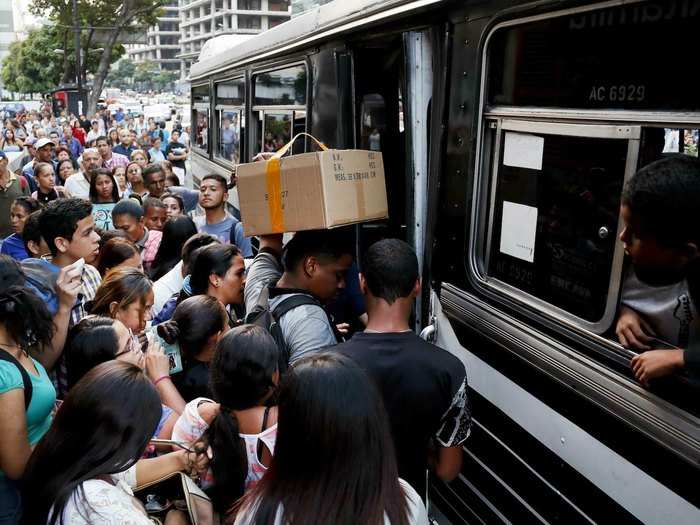
No. Nor the telecom. Especially for such extended periods. All these critical systems have backups, but they are intended to operate for shorts amount of time, not for days on end with no power.
Hospitals quickly run out of fuel to keep the generators going and the batteries lose their charge. If the blackout is long enough, we will run out of candles.
For the telecom, another factor is range. Telecom has prepared for local blackouts. You lose a tower here, another one picks up. There is redundancy. But no telecom system can be designed for a total, three-day-long, blackout.
How did the country reach this point, in terms of its power network?
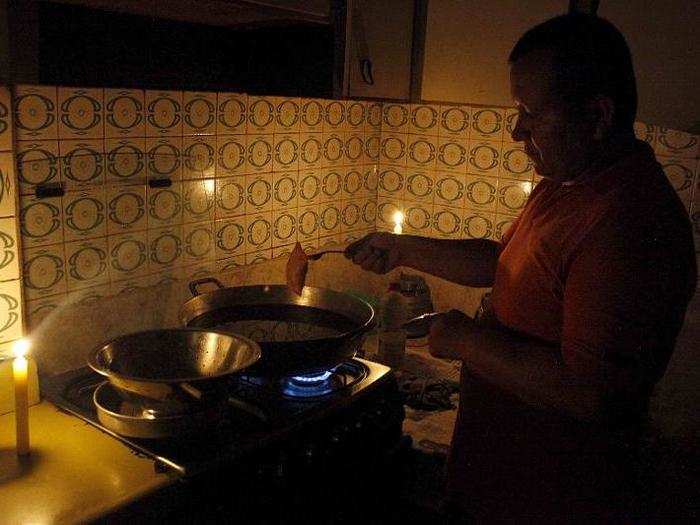
Years of disrepair, lack of maintenance and investment. From a human capital point of view, repressive management, terrible wages, and unsafe working conditions. For instance, the technicians are forbidden to talk about this. In February 2018, union leader Elio Palacios was detained because he said that a national blackout was imminent.
Why didn’t petrodollars solve this problem?
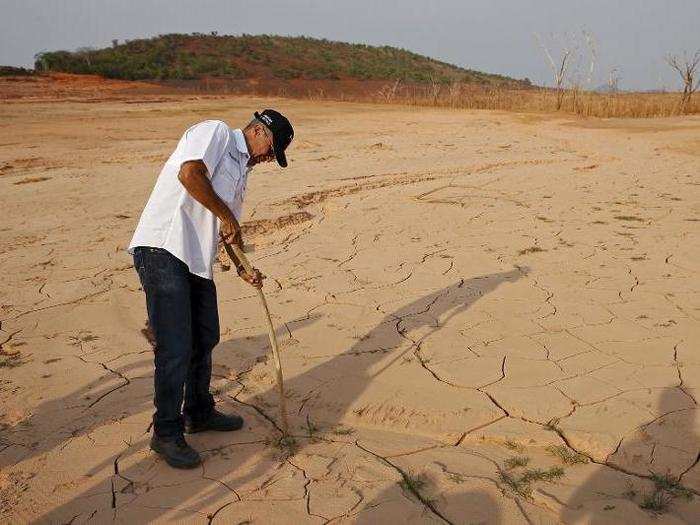
In 2009, as a result of serious sector disinvestment, the country became more and more reliant on hydro. We were struck by drought and blackouts that were also a part of Venezuelans’ daily routine.
In 2009 the State invested USD 5 billion to increase its thermal capacity by 6 GW (about $830/kW). That capacity goal (but not the budget) was reduced to 5 GW ($1,000/kW) and later lowered again to 1.450 MW ($3,450/kW).
Typical gas turbine prices, which is what we bought, range from $700 to $1,000 for kW of installed capacity. Millions were squandered in corruption but, because it started to rain again, we could rely on hydro once more and we all forgot about it.
How can Venezuela rebuild its power grid?
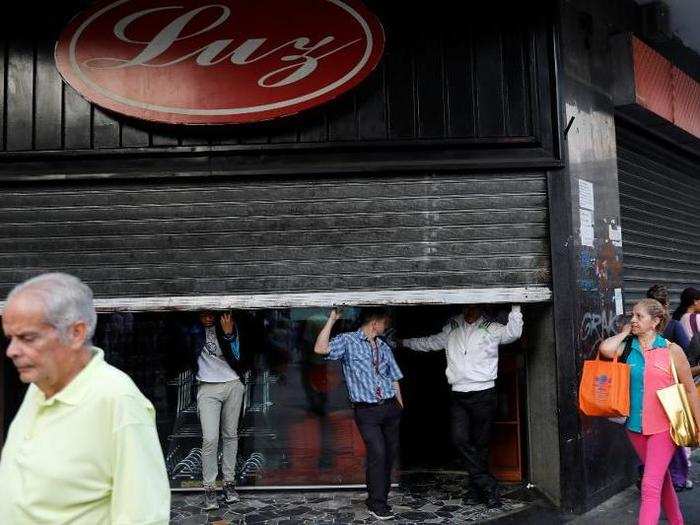
First, invest in manpower, have them make a long-term plan, and provide them with the resources to do so.
In the short term, Corpoelec needs to really get their distribution up to snuff. This is the source of most of the problems. Then it needs to increase its generation capacity, finishing off current projects and investing in new technologies and infrastructure.
Read the original article on Caracas Chronicles. Follow Caracas Chronicles on Twitter.Popular Right Now
Popular Keywords
Advertisement